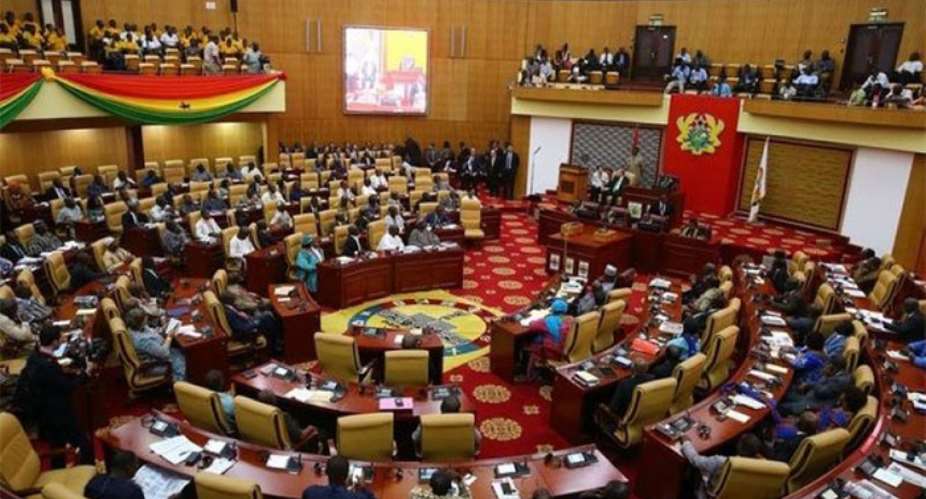The Finance Committee of Parliament has requested the public to submit written memoranda for consideration in the Exemptions Bill, 2021, which is before it.
The draft legislation was referred to the Finance Committee for consideration and reporting in accordance with Order 169 of the Standing Orders of the House after it was presented to and read the first time in Parliament.
The Public Affairs Directorate of Parliament, in a statement, said all memoranda must be submitted not later than May 7, 2022, to the Cluster Head of the Finance and Economic Committees Cluster Room, E. 18A, First Floor, Job 600 Annex Building, Parliament House.
Exemptions Regime
The main challenges confronting the current exemptions regime include lack of transparency and accountability, scattered provisions under several laws, lack of monitoring and evaluation, no cost benefit analysis, and lack of sanctions for abuse of the regime.
According to the Ministry of Finance, a total of GH¢14.03 billion tax exemptions were granted between 2012 and 2020.
The figure does not include exemptions from the payment of corporate and individual income taxes, concessions on tax rates, petroleum tax reliefs and customs tax exemptions enjoyed by diplomatic missions.
The total government expenditure is expected to increase by 25.5% from GH¢107.8 billion in 2021 to GH¢135.6 billion in 2022, while the budget deficit is expected to drop slightly from GH¢37.6 billion in 2021 to GH¢35.1 billion.
Mandatory spending consisting of compensation of employees and interest payments will account for about 54% of the total projected spending.
It will also constitute about 73% of government’s budgeted revenue (GH¢100.6 billion) for 2022.
Bill Structure
The Exemptions Bill 2021 is structured broadly into eight parts, and with 34 specific sections. The eight broad parts are preliminary provisions, general provisions, ministries, departments and agencies (MDAs), privileged persons, private businesses, development partner projects, security transactions, administrative fees and transnational levies, and miscellaneous provisions.
---DGN online





 We’ll no longer tolerate your empty, unwarranted attacks – TUC blasts Prof Adei
We’ll no longer tolerate your empty, unwarranted attacks – TUC blasts Prof Adei
 Bawumia donates GHc200,000 to support Madina fire victims
Bawumia donates GHc200,000 to support Madina fire victims
 IMF to disburse US$360million third tranche to Ghana without creditors MoU
IMF to disburse US$360million third tranche to Ghana without creditors MoU
 Truck owner share insights into train collision incident
Truck owner share insights into train collision incident
 Paramount chief of Bassare Traditional Area passes on
Paramount chief of Bassare Traditional Area passes on
 Two teachers in court over alleged illegal possession of BECE papers
Two teachers in court over alleged illegal possession of BECE papers
 Sunyani: Victim allegedly shot by traditional warriors appeals for justice
Sunyani: Victim allegedly shot by traditional warriors appeals for justice
 Mahama vows to scrap teacher licensure exams, review Free SHS policy
Mahama vows to scrap teacher licensure exams, review Free SHS policy
 Government will replace burnt Madina shops with a new three-story, 120-store fac...
Government will replace burnt Madina shops with a new three-story, 120-store fac...
